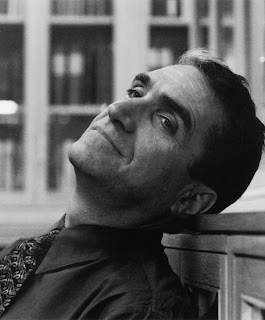
(Princess Beatrice, daughter of Prince Andrew and Sarah,
Duchess of York, leaving the wedding of Prince William
and Catherine Middleton at Westminster Abbey in April)
We now conclude our daily poems by American and British poets laureate with a poem by a laureate who is not as well-known as he should be. There are no pictures of him extant.
E.J. Thribb, perpetually 17 ½ years of age, first came to public notice in 1972, when the cheeky British satirical publication Private Eye appointed him “poet laureate.”
Over the years, he has done his duty faithfully, marking in verse the important moments of notable and not-so-notable personages, including the royal family. He has perfected his own particular style to carry out his responsibilities. He is the only poet, for example, to introduce all eulogies with the opening line, “So. Farewell then . . .”
Thribb’s poem below celebrates the wedding of one of Queen Elizabeth’s children.
Unfortunately, and we cannot ignore this, Princess Anne’s marriage was one of the casualties of what the Queen called the annus horribilis, or horrible year, of 1992. That was the year that was in which the marriages of two of her sons also broke up: Prince Andrew separated from Sarah Ferguson, and Prince Charles from Lady Diana. And then, in November, Windsor Castle caught fire.
LINES ON THE OCCASION OF THE WEDDING OF HER ROYAL HIGHNESS THE PRINCESS ANNE TO CAPT. MARK PHILLIPS
So. You are
Married at last.
After months of
Preparation. You
Are now as one.
Greetings, then,
Royal Pair! We
Wish you well
In your new
Life together,
Beautiful Princess
And Officer and Gentleman.
There are very few occasions
In the life of someone who
Writes poems when one
Can say
“This is it!
Yes, a truly
Magnificent day has dawned
A day in history in the
Making which will be
Remembered by all who
Were alive on that day
I.e. November 14 1973.”


































